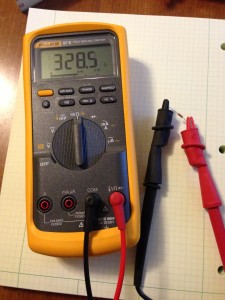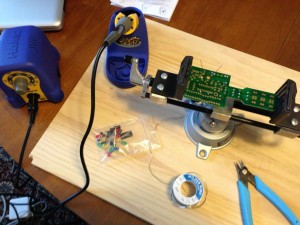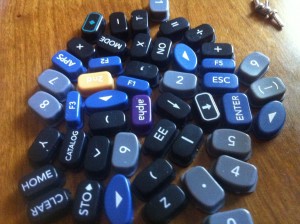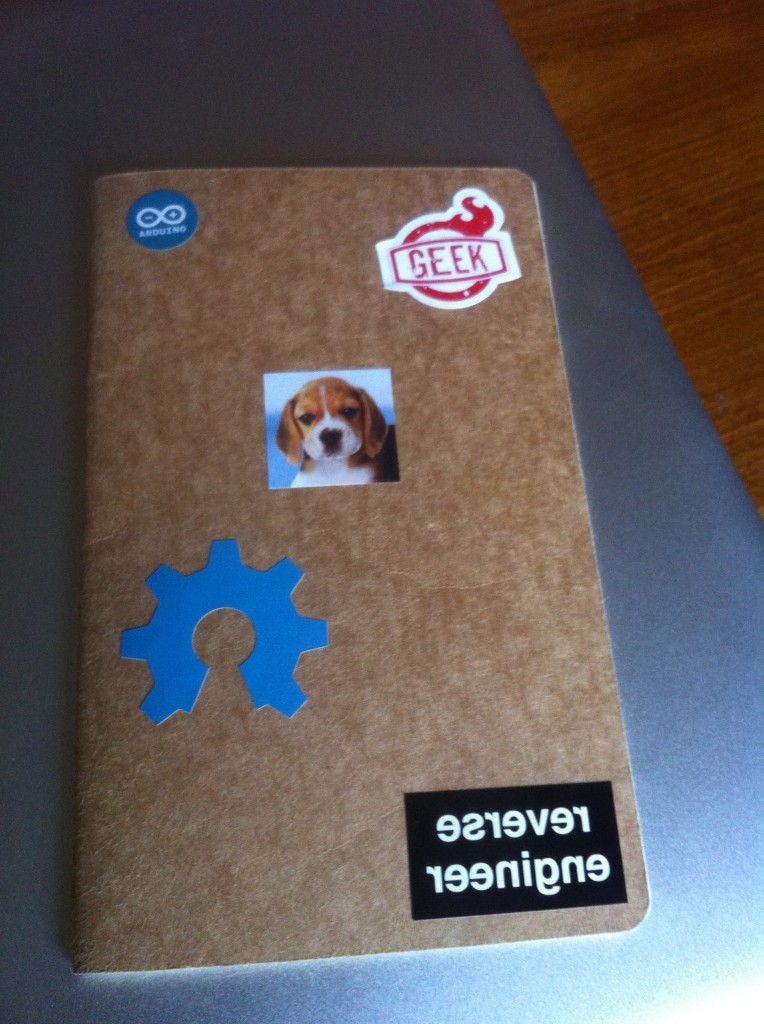Like the soldering iron post above, this is going to be a terribly interesting post on multimeters. I had the world’s cheapest multimeter (the $4 special from Harbor Freight or something). I tested it on a pretty good 5V supply and it read 3.4 V. Once it told me I had 108A on my breadboard. Clearly it was time for something new. When my birthday rolled around, family told me to start shopping and so start shopping I did.
Shopping for a quality multimeter is like Goldilocks looking for the right bed. One bed was too big, one was too small, and the other was juuuuuuust riiiiiiiight. I looked at some different makers and admittedly decided on Fluke pretty early on. I will admit that I was pretty heavily biased by that lovely yellow color and form factor. It didn’t hurt that they’re pretty well regarded for their reliability and longevity.
Then I had the agonizing decision of picking a model. I knew I wanted true RMS, but that’s pretty much every Fluke. I wanted something pretty difficult to fry if I hooked it up wrong. I also am doing some remodeling on the house and so I wanted it to be able to handle the occasional mains power. Even though I have NO need for something this precise right now, I might later so I decided to “go big or go home.”
So without further adieu, the Fluke 87 V. Love it! I’ve barely scratched the surface of its features, but I’m trying to put it though the ringer.







